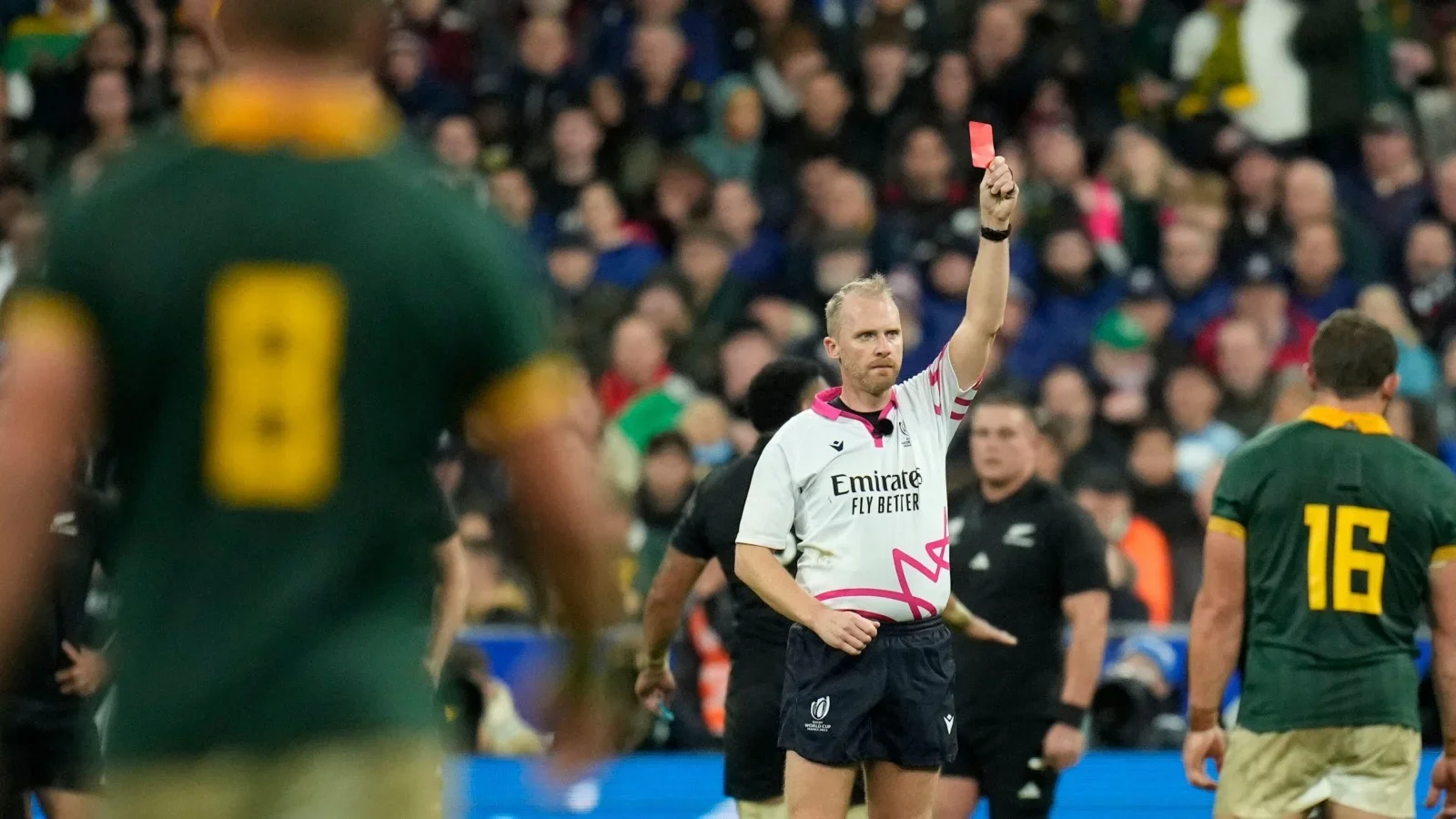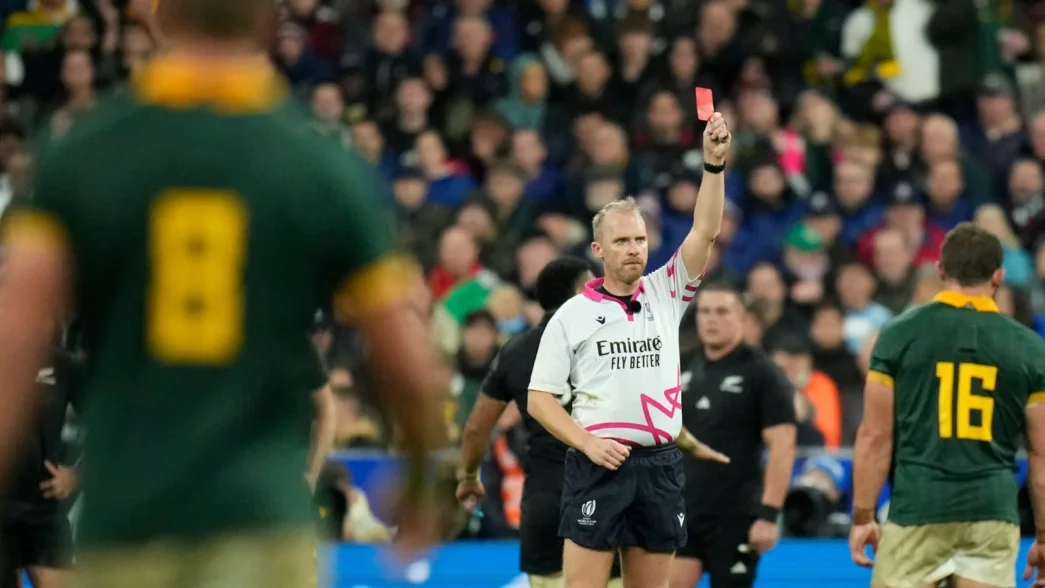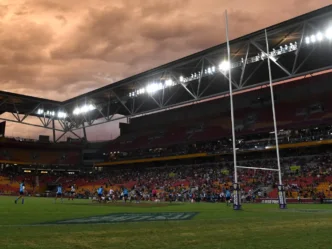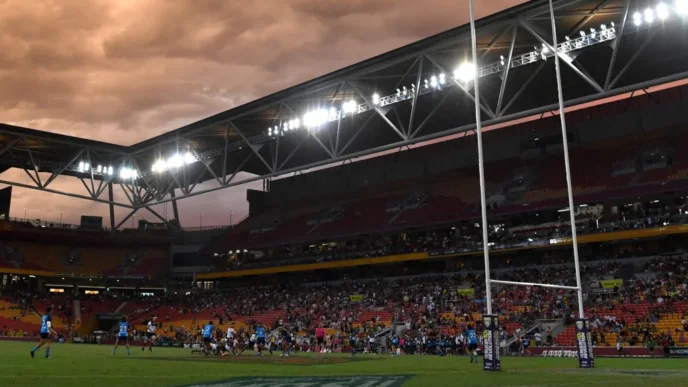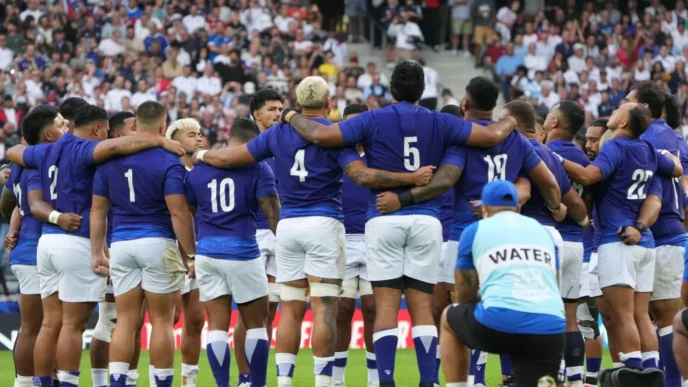SANZAAR Announces Dual Red Card System for 2024 Rugby Championship
[Published: BBC, November 15, 2023]
In a highly anticipated move, SANZAAR has confirmed the implementation of a dual red card system for the upcoming 2024 Rugby Championship. This new approach aims to strike a balance between punishing player misconduct and minimizing the impact on the game’s flow.
The 20-minute red card, which has been in effect in Super Rugby Pacific since 2020, will be retained. This sanction will be issued for incidents that do not meet the threshold of “deliberate and with a high level of danger.” In such cases, the offending player will be temporarily removed from the field, but their team can replace them with one of their available substitutes.
Alongside the 20-minute red card, SANZAAR has also reintroduced the “full” red card, which aligns with the standard punishment historically applied. This harsher measure will be reserved for incidents where the foul play is deemed “deliberate and with a high level of danger,” leaving the referee no choice but to send the player off for the remainder of the match.
“SANZAAR’s rationale for the law variation is that players and not the game should be punished for red card offences,” the governing body stated in its release.
Fans will recall high-profile examples of both 20-minute and full red cards in recent years. Sam Cane’s sending off at the 2023 Rugby World Cup and Andre Esterhuizen’s red card against Portugal earlier this year serve as noteworthy instances of the 20-minute sanction. In contrast, Sebastien Vahaamahina’s elbow to the face of Aaron Wainwright at the 2019 Rugby World Cup would likely have warranted a full red card under the new system.
The existing yellow card system remains unchanged, with the notable exception being the consequences for a player receiving two yellow cards in a single match. In such cases, the player will serve the initial 10-minute sin bin period for the first offence, and their team will then have to wait an additional 20 minutes before being allowed to replace the perpetrator.
This dual red card approach aims to strike a balance between maintaining the integrity of the game and ensuring that players are held accountable for their actions on the field. As the 2024 Rugby Championship approaches, rugby enthusiasts will be closely following how this new system unfolds and its impact on the high-stakes international competition.
🔗 Source
